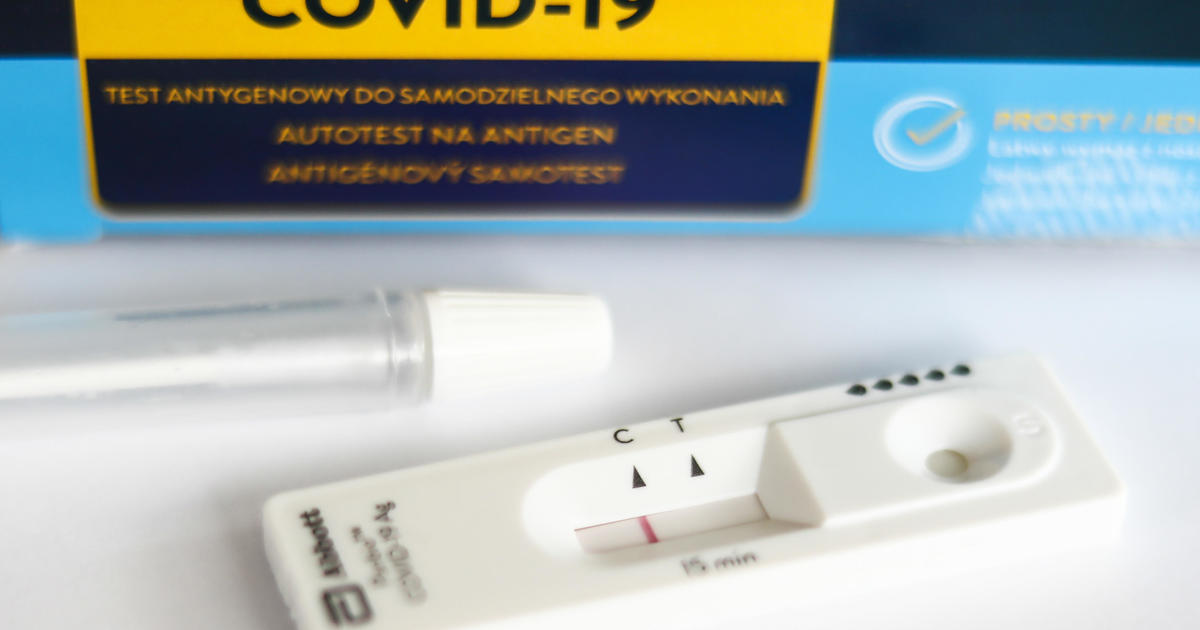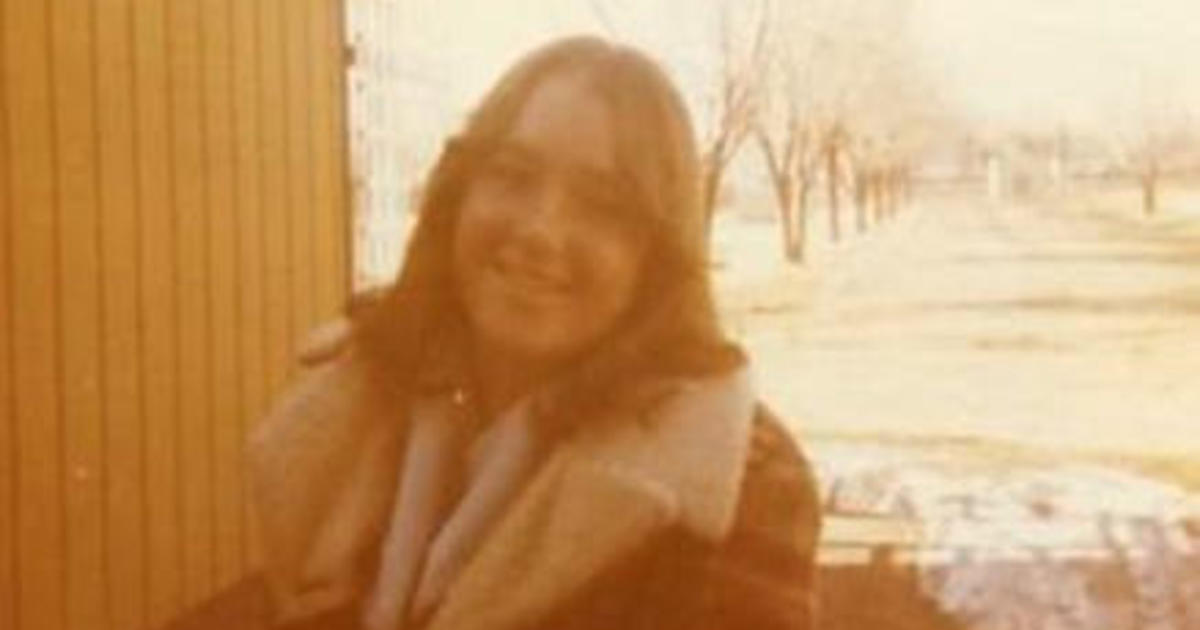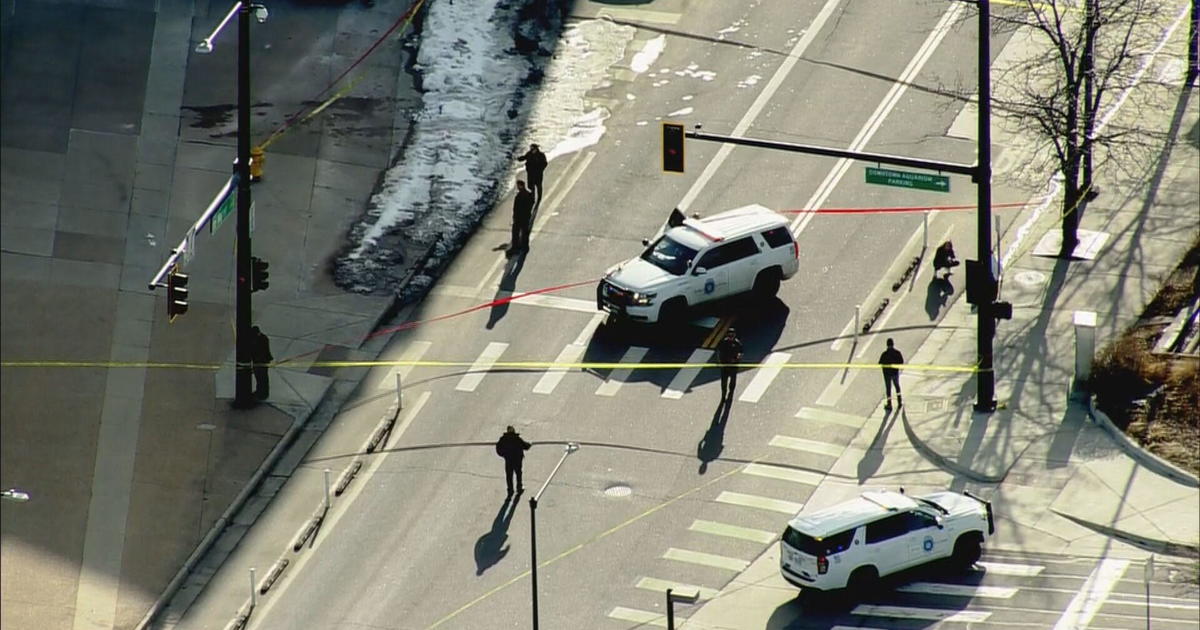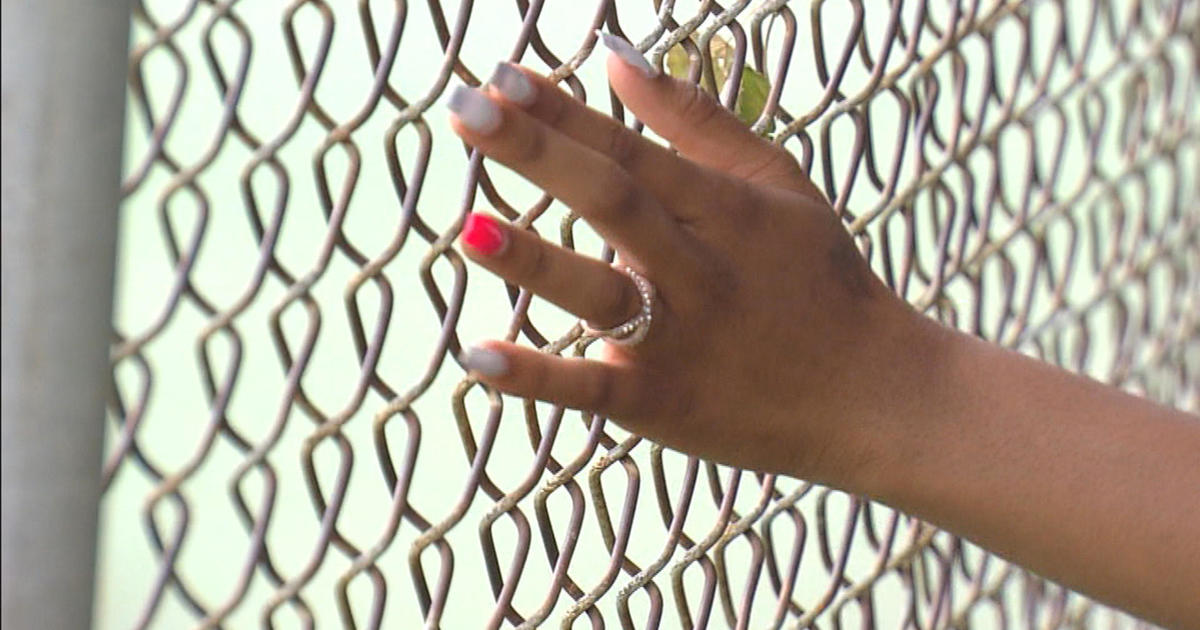Most mass shooters share these four defining moments, research shows
What drives someone to commit a mass shooting?
It's a question Pastor Jeff Laster has wrestled with ever since a gunman walked into his Fort Worth church 23 years ago and shot him.
"You don't forget what happened," Laster said. "It's just something you have to choose to live with and move forward."
In 1999, a 47-year-old gunman fired more than a hundred rounds at a youth prayer rally at the Wedgewood Baptist Church, killing seven and wounding another seven before killing himself.
Laster said nearly every time there's another mass shooting, he finds himself thinking about what led these gunmen to act.
"What was his background? Was it family life? Did he have some mental health issues that pushed this? That's kind of thing I've always wondered about," he said. "There's always more to the story."
While mental illness is often blamed for mass shootings, research shows childhood trauma and suicidal crisis are better predictors.
According to the Columbia University Department of Psychiatry's research, only 8% of all mass shooters were diagnosed with a severe mental illness, such a schizophrenia or severe bipolar disorder.
"While I will always advocate for increase funding for mental illness, the contribution of people with psychiatric illnesses or psychotic illnesses to mass shootings is very small," said Ragy Girgis, MD, professor of clinical psychiatry in the Columbia University Department of Psychiatry.
Columbia University's study of more than 1,800 mass murders worldwide showed a larger percentage of mass shooters, 25%, suffered from less severe mental illnesses, like depression and anxiety. This closely mirrors the rate in the general population. The study defined mass murders as cases that involved three or more fatalities, excluding the gunman.
Their study also found that mass shootings generally, are perpetrated by men between the ages of 25 and 35. Girgis said their research found these young adult males often felt rejected by the world and had a desire to leave a mark.
"These sorts of people have a psychological profile that is often, not always, but often one of severe narcissism and arrogance," Girgis explained.
While mental illness is not the common denominator among mass shooters, The Violence Project, a research center that has compiled a database of mass shootings, has identified four defining moments most perpetrators experience on the way to a mass shooting.
"We are not saying here's the checklist - if you have done this, this, and this, you are going to be a school shooter," explained Jillian Peterson, PhD., who co-founded The Violence Project with James Densley, PhD. "It's looking at these warning signs. What is the commonality? What do we see happening in these perpetrators' lives over and over and over again?"
The path to violence, according to The Violence Project, often begins with early childhood trauma. At a young age, 42% of all mass shooters experienced physical abuse, sexual abuse, parental suicide, or were a victim of severe bullying. If unaddressed, Densley said, later in life this trauma can feed a perpetrator's rage.
The second step on the pathway to violence is crisis. This can come in the form of a loss of a job or a break-up of a relationship. In many cases, it's a suicidal crisis. The Violence Project found 72% of mass shooters in its database were suicidal either before or at the time of the shooting.
Radicalization is the third step on the pathway to violence. The Violence Project found perpetrators time and again searched for guidance — going to the internet where they read manifestos of past gunmen and visited chat rooms where mass shooters are revered. Many then shared their own plans online. Forty-four percent of mass shooters leaked their plans, often posting about it on social media.
The final stage on the pathway of violence is access to a firearm. According to the National Institute of Justice, 77% of mass shooters got their guns through a legal purchase, often gaining access close to time of the shooting.
By knowing the pathway, Densley said it may be possible to identify opportunities to intervene.
"We all play that role in mentoring the young men in our lives to try and prevent this from ever happing again," he said. "So, if it's something like safe storage of a firearm at home if you have a teenager at home, or if it's something like reaching out with an act of kindness to somebody that you know is struggling, or if you see something, saying something and reporting that so there is an intervention in place."
After the Wedgewood Church shooting, the family of the gunman reached out to the church to apologize.
"They had done everything they could. It wasn't their fault," Laster said. "We actually ended up having a really good relationship with his family."
Laster said his relationship with the gunman's family led to a better understanding of who the gunman was. He said this helped him to emotionally heal and forgive.
"There has to be a point of forgiveness," Laster said. "For a personal standpoint, I don't want to harbor that anger and bitterness of something that happened to me for the rest of my life."



